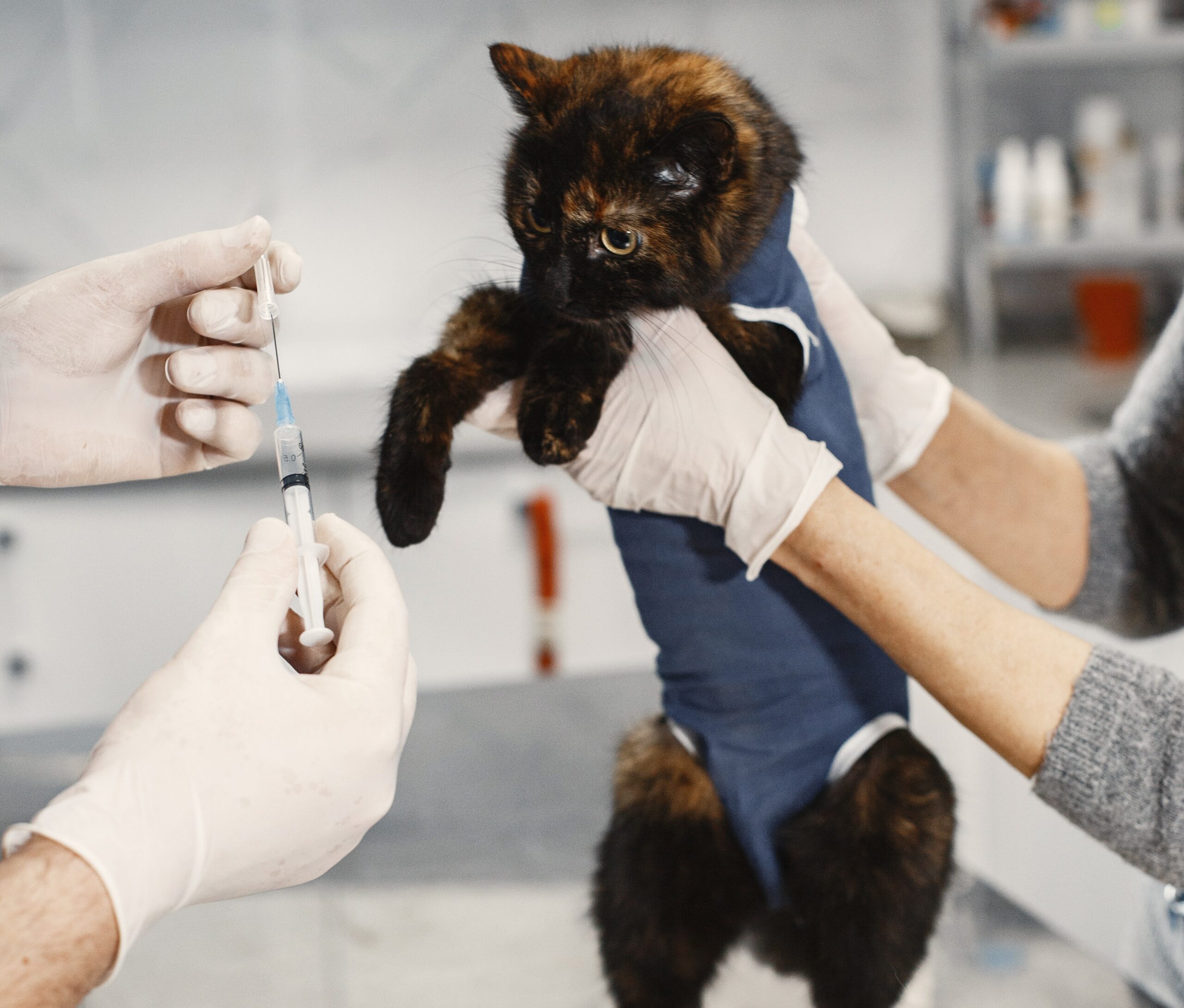Pet Vaccine Exemptions and Exceptions: All You Need to Know
As pet owners, it is our responsibility to ensure that our furry friends are healthy and protected from preventable diseases. One way to do this is by getting them vaccinated. However, some pet owners may have concerns about vaccines or religious or philosophical objections that prevent them from vaccinating their pets.
Read on to we explore pet vaccine exemptions and exceptions in core detail.
What are pet vaccine exemptions?
A pet vaccine exemption is a legal document that allows pet owners to skip certain vaccinations for their pets. In most states, these exemptions are only allowed for medical reasons, such as when a vaccine could harm the pet due to an existing medical condition. In some cases, however, pet owners may be able to get an exemption for religious or philosophical reasons.
It is important to note that pet vaccine exemptions are not a one-size-fits-all solution. Each state has its own laws regarding exemptions, and some states do not allow exemptions for anything other than medical reasons. Additionally, exemptions may only apply to certain vaccines or may have specific requirements that must be met before they can be granted.
What are pet vaccine exceptions?
A pet vaccine exception is similar to an exemption in that it allows pet owners to skip certain vaccinations for their pets. However, exceptions are usually granted on a case-by-case basis and are typically reserved for pets that cannot receive certain vaccines due to a medical condition.
For example, a pet with a compromised immune system may not be able to receive certain vaccines, as they could be too risky for the pet’s health. In this case, a veterinarian may grant an exception and recommend alternative ways to protect the pet from disease.
It is important to note that pet vaccine exceptions are not a way to avoid vaccinating your pet altogether. They are only granted in specific situations where the pet’s health could be put at risk by receiving certain vaccines.
Why are pet vaccines important?
Pet vaccines are an important part of keeping our pets healthy and protecting them from preventable diseases. Vaccines work by introducing a small amount of a virus or bacteria to the pet’s immune system, which helps the immune system recognize and fight off the disease in the future.
Some common pet vaccines include those for rabies, distemper, and parvovirus. These vaccines are typically given in a series of shots, starting when the pet is a few weeks old and continuing until they are fully vaccinated.
In addition to protecting your pet’s health, vaccines also help prevent the spread of disease to other pets and even humans. For example, rabies is a serious disease that can be fatal to both pets and humans. Vaccinating your pet against rabies helps protect them and others they come into contact with.
What are the risks of not vaccinating your pet?
Not vaccinating your pet can put them at risk of contracting serious and potentially deadly diseases. Additionally, unvaccinated pets can spread diseases to other pets and even humans, putting entire communities at risk.
For example, a recent outbreak of canine influenza in the United States was traced back to a group of unvaccinated dogs that attended a dog show. The outbreak resulted in hundreds of sick dogs and at least two deaths.
In addition to the health risks, some states and municipalities require certain vaccines for pets. Not vaccinating your pet could result in fines or other legal consequences.
Conclusion:
Pet vaccine exemptions and exceptions are important tools that can help protect the health of our furry friends. However, they should only be used in specific situations where vaccines could pose a risk to the pet’s health. It is important for pet owners to work closely with their veterinarians to determine the best course of action for their pets and to ensure that they are up-to-date on all necessary vaccinations. Vaccinating our pets not only protects their health but also helps prevent the spread of disease to other pets and humans in our
You May Find Interest in…
Pet Vaccine Laws and Regulations: All You Need to Know
Communication with Your Veterinarian about Pet Vaccinations
Discover all You Need to Know about Your Pet Health and Wellness



